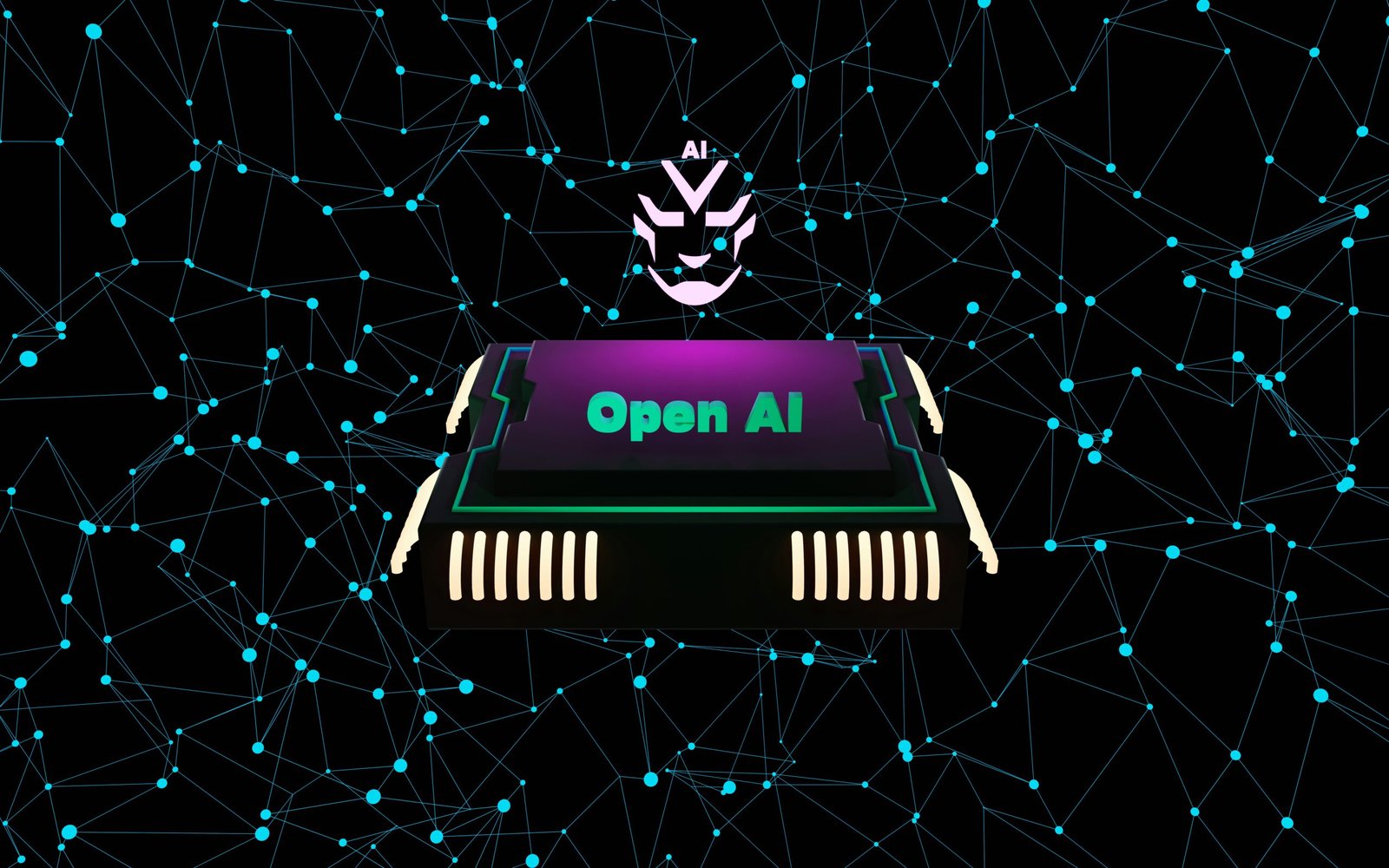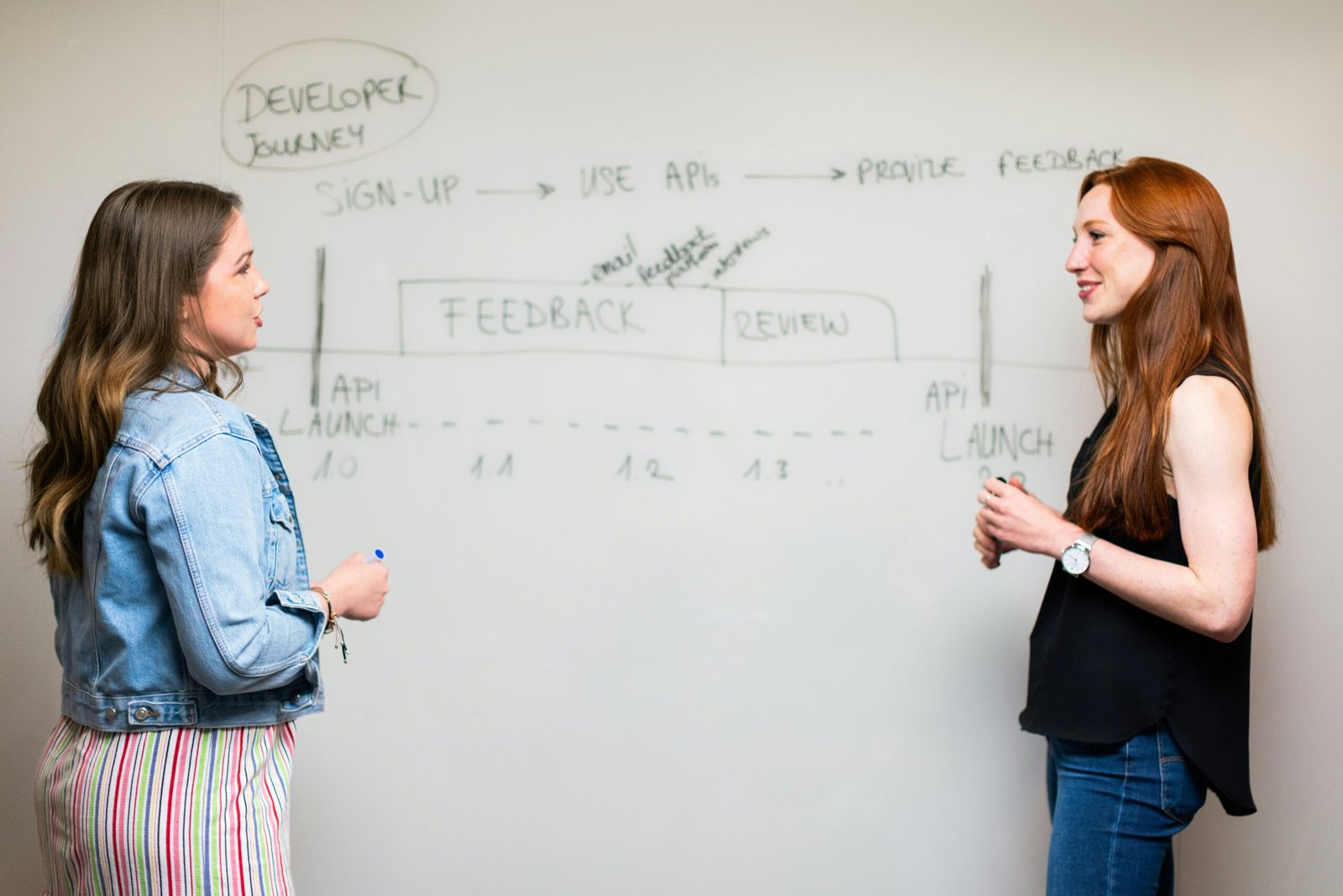Understanding the Impact of AI on the Job Market
The advent of artificial intelligence (AI) has fundamentally altered the job market, creating both opportunities and challenges for the workforce. Automation, driven by AI technologies, is poised to replace specific jobs, particularly those that involve repetitive tasks or data processing. Roles such as manufacturing assembly line workers, customer service representatives, and even some finance-related positions are increasingly susceptible to automation. As organizations integrate AI solutions to enhance efficiency, the demand for these roles diminishes, leading to job displacement among affected workers.
Conversely, the rise of artificial intelligence is fostering the emergence of new job roles. Areas such as AI development, data analysis, and machine learning are experiencing significant growth, leading to a higher demand for professionals skilled in programming, algorithms, and data interpretation. The creation of positions like AI ethicists, data scientists, and machine learning engineers reflects the changing landscape, indicating a shift towards more specialized skill sets. Consequently, workers aiming to stay competitive in the job market must focus on acquiring skills related to AI technologies and data analysis.
The psychological impact of AI on workers cannot be overlooked. The threat of job loss due to automation can lead to feelings of anxiety and insecurity among employees. Moreover, the rapid pace of change requires workers to adopt a mindset of lifelong learning and adaptability. Emphasizing the importance of transferable skills and continuous professional development is essential in helping workers navigate this transition. As industries evolve due to AI advancements, the ability to adapt to new roles and responsibilities will be critical for long-term career success.
In this dynamic environment, understanding the multifaceted impact of artificial intelligence on job roles is essential for workers seeking to thrive amidst change. Embracing adaptability, a commitment to skill enhancement, and awareness of emerging opportunities will enable individuals to maneuver through the evolving job landscape shaped by AI.
Identifying Transferable Skills for a Smooth Transition
In the evolving job market shaped by the rise of artificial intelligence, identifying transferable skills has become increasingly important for professionals considering a career transition. Transferable skills are those competencies that can be applied across various industries and roles, enabling individuals to adapt to new situations and environments effectively. The ability to communicate clearly, solve complex problems, and think analytically are prime examples of such skills. These competencies not only enhance employability but also ensure continual personal and professional development in a rapidly changing landscape.
Communication skills, for instance, are vital in nearly every job sector. Whether articulating ideas in a meeting or crafting persuasive written content, strong communication abilities facilitate effective collaboration. Similarly, problem-solving skills empower individuals to approach challenges creatively, making them invaluable when faced with new or unexpected situations. Analytical thinking complements these abilities by helping professionals to interpret data, recognize patterns, and make informed decisions. Collectively, these skills form a robust foundation that can ease the transition into various roles within diverse industries.
To assess current skills and identify areas for growth, individuals can start by conducting a self-reflection exercise. This entails evaluating past job experiences, educational backgrounds, and personal accomplishments to pinpoint strengths. Seeking feedback from colleagues or mentors can also shed light on skills that may not be immediately apparent. Additionally, taking inventory of any formal training or certifications can highlight existing qualifications that could be applicable in new fields.
Once skills have been identified, individuals can focus on enhancing their strengths while also identifying gaps that need to be addressed. This can involve enrolling in online courses, attending workshops, or participating in networking events that allow for skill development. Ultimately, by understanding and leveraging transferable skills, professionals can navigate their career transitions more effectively, positioning themselves for success in an increasingly competitive job market influenced by AI technologies.
Strategizing Your Career Move in the AI Era
In today’s rapidly evolving professional landscape, influenced significantly by advancements in artificial intelligence (AI), it is imperative for individuals to adopt a strategic approach when considering career transitions. The first step in this process is to set clear career goals. Understanding what you aim to achieve, whether it is transitioning into a specific role within the AI sector or enhancing your existing skill set to remain relevant, will provide direction and motivation as you navigate your career path.
Next, conducting thorough research into in-demand roles is crucial. You should analyze job market trends and identify positions that are increasingly leveraging AI technologies. These positions may not only include data scientists or AI specialists but can also encompass roles in project management, digital marketing, and healthcare that are integrating AI-driven solutions. This knowledge will allow you to focus your efforts on acquiring the necessary skills and qualifications that align with those in-demand roles.
Networking plays a pivotal role in career transitions, and leveraging professional networks can provide valuable insights and opportunities. Attending industry-specific events, joining online forums, and connecting with professionals on platforms like LinkedIn can significantly enhance your visibility and access to job openings. Incorporating opportunities for mentorship within your network can also facilitate your growth and understanding of AI’s impact on various fields.
Furthermore, continuous learning is vital in the age of AI. Engaging in online courses or obtaining certifications in relevant technologies not only augments your capabilities but also demonstrates your commitment to professional growth. This proactive approach will enhance your marketability and adaptability in an increasingly tech-driven job market.
Finally, the importance of personal branding cannot be overlooked. Crafting an effective personal brand involves presenting yourself authentically while showcasing your skills, experiences, and knowledge of AI trends. This branding will be critical in capturing the attention of potential employers who are focused on innovation and technology-driven talent.
Embracing Lifelong Learning and Development
In today’s rapidly evolving job market influenced by artificial intelligence (AI), embracing lifelong learning has become a crucial strategy for individuals navigating career transitions. The continuous advancement of technology has not only transformed job roles but also necessitated a shift in how professionals approach their careers. The concept of lifelong learning involves not just acquiring new qualifications through formal education but also seeking informal learning opportunities that can significantly impact personal and professional growth.
One essential avenue for continuous education is through formal training programs, including workshops, online courses, and certification programs. Platforms such as Coursera, Udemy, and LinkedIn Learning offer a plethora of courses designed to upgrade skills relevant to specific industries. Engaging in these learning opportunities allows professionals to stay current with industry trends and acquire competencies that align with the demands of a digitally influenced workforce.
Moreover, informal learning can take various forms, such as self-study, peer learning, and participating in online communities. Individuals can cultivate their knowledge by reading books, listening to podcasts, or even following thought leaders in their respective fields on social media. Building a network and seeking mentorship from experienced professionals can also contribute significantly to one’s learning journey. These relationships can provide insights into the complexities of navigating a career affected by AI and can foster a deeper understanding of emerging trends.
Additionally, attending industry conferences and workshops offers another dimension of learning, enabling professionals to engage directly with industry experts and gain firsthand knowledge of the latest advancements and best practices. Cultivating a growth mindset is fundamental in this process. Professionals who view challenges as opportunities for growth are better prepared to adjust to the inevitable changes in technology and job responsibilities. By proactively investing in their development, individuals can enhance their prospects for successful career transitions and thrive in an AI-driven world.









